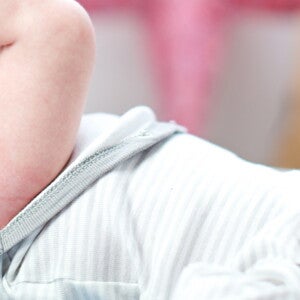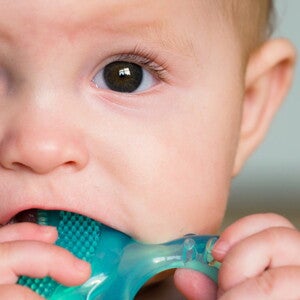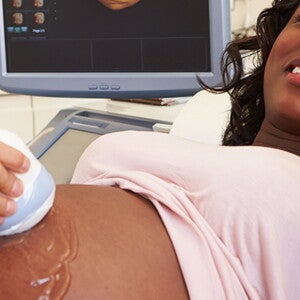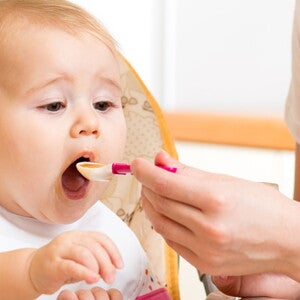Search

Baby’s temperature
The normal temperature of a healthy infant varies between 36–37°C. A slight rise in temperature may be due to a cold or a mild digestive upset.

Stools
A baby’s bowels usually work within the first 24 hours after birth. The first stool, meconium, is blackish-green and sticky, with no smell.

Rashes
A young baby’s skin passes through many phases, from clear to spotty (rash), to peach-like. This may be due to the transition from a protected environment in the womb to the outside world.

Teething
First teeth! Consult your dentist about fluoride for your child’s teeth. Until a child learns to brush his teeth, the mother must clean them for him.

Prenatal Care
Discuss questions or concerns you or your partner may have with your caregiver at any stage of your pregnancy.

Medical Care
Clinics and primary health services are freely available in most countries in Southern Africa. Locate your closest clinic and the telephone number from your local authority or hospital.

Immunisation
The aim of immunisation is to prevent disease. It protects the community as well as individuals.

Clinics and postnatal support
Clinics and primary health services are freely available in most countries in Southern Africa. Locate your closest clinic and the telephone number from your local authority or hospital.

Why do we introduce solids to a babys diet
About halfway through the first year of life, babies begin to outgrow their liquid diet, which no longer supply them with enough nutrients to support their rate of growth.

The adult’s role
The adult’s role is to provide children with nutritious foods. Adults are responsible for what and when their children are fed.

When do we introduce solids to the diet
Birth to six months
It is too early to introduce solids if your baby:

Reducing the risk of allergy
There is an increased risk of allergy when solids are introduced too early, i.e. before

Setting the stage for his first taste
Here are a few tips for getting your baby ready to take that first spoonful of baby food.

Weaning
THE WEANING GUIDE: INTRODUCING SOLIDS

Sugar: Fact or Fiction Quiz
Not all sugars are created equal and therefore not all sugars are bad. The main role of food is to provide energy and nutrients for growth and development.

The learner eater from around six months
The choice of your baby’s first solid food is very important. It must be suitable for her developing digestive system and be finely textured and easy to swallow.

Making your home safe
Safety Tips

Common nutrition-related problems
The influence of hormonal changes, and the effect of the changes in the size of the growing uterus, can lead to eating complications during pregnancy.

Nutrition checklist
NUTRITION CHECKLIST
Are you eating enough nutritious food with sufficient nutrients, kilojoules, vitamins?

Healthy Growth
How a baby is fed may be as important as what foods are offered. Your baby is growing in leaps and bounds. The first year, a baby multiplies his weight by 3 and his size increases by 50%!

At seven to eight months
Look out, baby’s on the move!

At nine months
Your baby sits alone and pivots into a crawling position. He crawls on extended limbs and holds on to furniture to pull himself up to stand.

Nutrition during pregnancy
By taking responsibility for your body, you can maximise your level of wellbeing and enjoy good health.
Good nutrition is of the utmost importance during your pregnancy

Pregnancy concerns and diet solutions
-

Protein in Pregnancy
Protein (and the amino acids within) is the most important building blocks for all human cells. Given the rapid cell development of your baby-to-be it should be an essential part of your diet.

Iron in Pregnancy
As a mom, whether you have a child yet or not, you look into the lens of the future to envision memorable moment after memorable moment together.

The third stage of labour
This stage lasts from the birth of the baby until the placenta is delivered, usually from 5–20 minutes.

Second stage of labour
This stage begins when the cervix reaches complete dilation and effacement, and it ends with the birth of the baby.

Labour support
Labour support is a concept that has been around for thousands of years.


